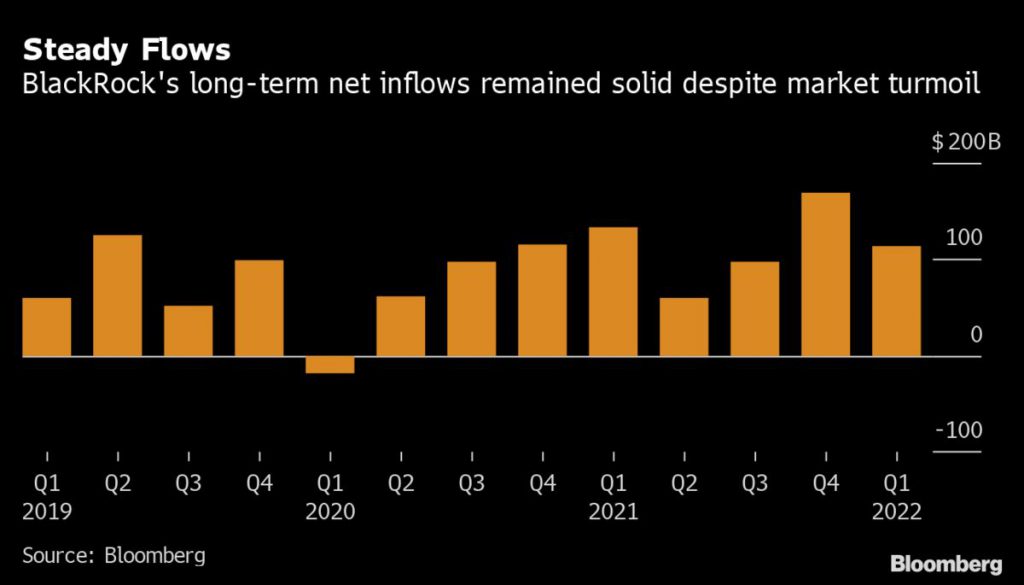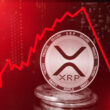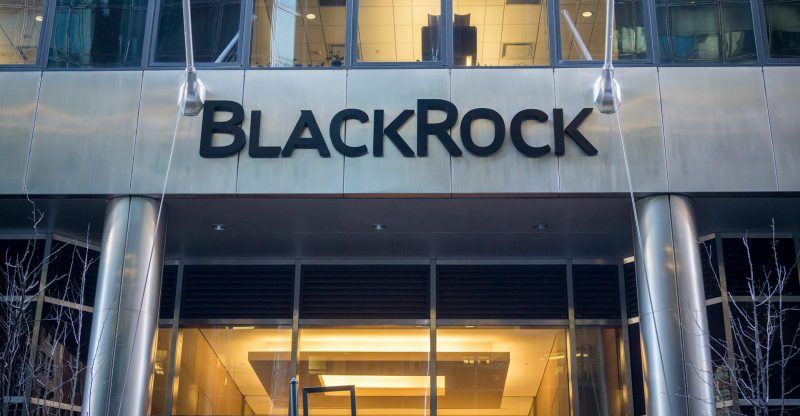BlackRock, a multinational investment management company, will become the primary manager of the $50 billion USDC reserves.
BlackRock, which came into existence in 1988, evolved to be the largest asset manager globally in 2022. As per the statistics, the company holds over $10 trillion in assets as of January 2022.


BlackRock has always tried to stay away from digital assets. The chairman Larry Fink also termed bitcoin an index of money laundering five years ago.
Even when the firm had amassed $10 trillion in asset management, the company had kept a safe distance from crypto and other digital assets.
BlackRock’s chairman had written an annual letter to its shareholders that highlighted Ukraine’s hardships because of the Russian war. He also mentioned that the invasion would lead to greater adoption of digital currency, which made the users think that Fink was finally paving the path to crypto.
BlackRock’s $400 million funding round
Circle, a prominent peer-to-peer payments company and the primary operator of the USDC coin, has announced a $400 million fundraising round as well as a new relationship with BlackRock. BlackRock will now become the primary manager of USDC, a $50 billion digital asset. USDC has been one of the largest growing digital currencies pegged to the US dollar. The Circle is one of the largest issuers of USDC.
This collaboration seems important as it is the primary partnership involving crypto and digital assets that has the BlackRock name in it.
“The partnership will explore ways to apply USDC in traditional capital markets.”
CEO of Circle, Jeremy Allaire
Jeremy added that the collaboration was in development for more than a year and as of now, the details of what percentage of the USDC reserves will be managed by BlackRock is not clear.
The agreement is also a big thumbs up for USDC. Its market value has risen from $4 billion at the start of the year to moreover $50 billion. But it still lags behind Tether’s $82.5 billion. The collaboration will also highlight how digital assets can also blend in with the traditional finance ecosystem.





